|
|
|
Editor's note
|
|
To quote the late, great George Harrison: “You know that what you eat you are, but what is sweet now turns so sour”. In his lyrics to the 1968 song Savoy Truffle, the Beatle unwittingly hit on a truth that has only recently been confirmed by science. A study from the University of Minnesota has found that foods with similar nutritional characteristics can have very different effects on different people’s microbiome, the mass of bacteria that we all have in our gut. So one person’s food really can be another person’s poison.
What makes this so important is that it means that assessing what is a healthy diet could vary vastly from person to person – and this can even count for identical twins. So while you can probably rest assured that eating less meat and more plant fibre will probably do you good, you can’t assume that consuming a certain item of confectionery will help you work, rest and play, just because someone on the telly says it does.
At Pride celebrations around the world in the coming weeks, many will look back at events in New York that happened 50 years ago this weekend. On June 28 1969 a squad of New York police, raided the Stonewall Inn in Manhattan which was a popular hangout in the Greenwich Village gay scene. The heavy-handed raid developed into a riot which mobilised LGBTQ activists and helped kick off a global resistance movement which has achieved, and
continues to achieve, so much in the fight against discrimination and bigotry.
Bigotry which, tragically, had led to the premature death of Alan Turing. The last piece of work Turing published before he took his own life was to model equations that show how nature produces its beautiful patterns from cheetah’s coats and fingerprints to mussel beds and chicken feathers. His work has even been used to predict the movement of gang members in Los Angeles.
This week we also learned how the Women’s World Cup is showing that the video referee might not be fit for purpose, the wet wipe “reefs” that are changing the ecosystem of the Thames and the scandal
that has brought down four presidents in Peru. From our colleagues around the world, we read about a pilot project in Nigeria that is helping refugees go to university, the science of PMS food cravings and how working long hours increases your chance of having a stroke.
|
Jonathan Este
Associate Editor, Arts + Culture Editor
|

|
|
|
|
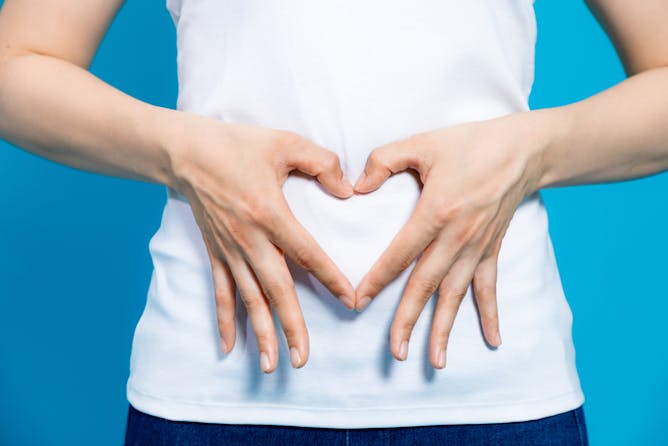
metamorworks/Shutterstock
Tim Spector, King's College London
Large studies are unpicking the complex relationships between food, metabolism and health.
|
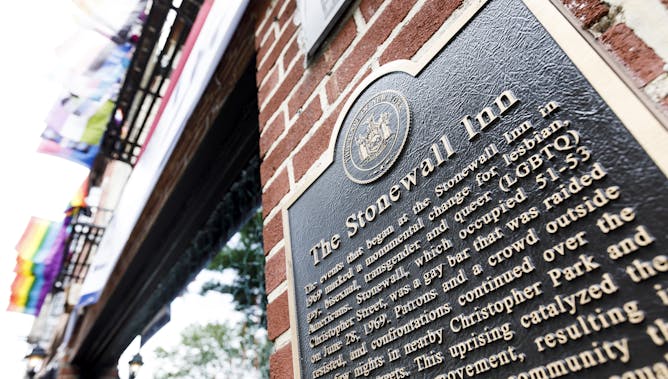
A riot that kick-started the gay rights movement.
Justin Lane/EPA
Senthorun Raj, Keele University
Fifty years after the Stonewall riots, what is their political legacy for LGBTQ activism?
|
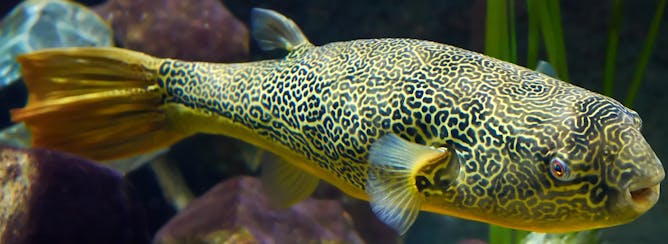
An mbu pufferfish wearing a particularly mesmerising Turing pattern.
Dennis Jacobsen/Shutterstock
Natasha Ellison, University of Sheffield
Alan Turing's last published paper revealed the mathematics behind the beautiful patterns that adorn the natural world.
|

Pedo Pablo Kuczynski, a former president of Peru, was arrested in April 2019 on charges relating to the Odebrecht scandal.
EPA-EFE/Geraldo Caso
Laura Bunt-MacRury, Bournemouth University
Four former presidents have been accused of corruption after Operation Carwash.
|
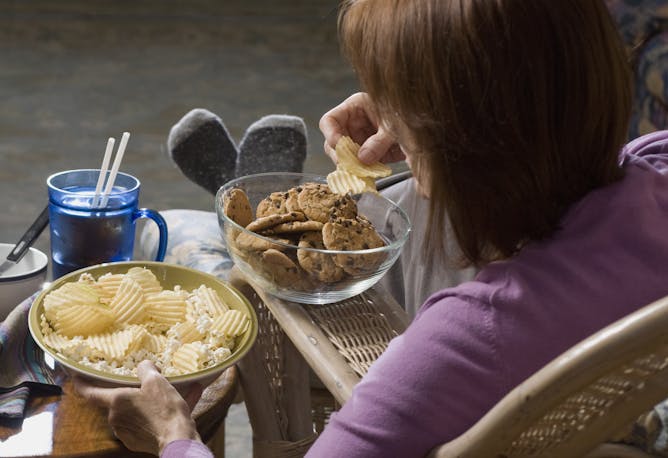
What makes chips and chocolate so appealing at certain times of the month?
Ken Tannenbaum/Shutterstock.com
Sara Twogood, University of Southern California
Women might find themselves reaching for sweets and potato chips in the two weeks before their period, even if they don't have a diagnosis of PMS. An OBGYN explains these cyclical food cravings.
|

Is it time to cut back on overtime?
Annie Spratt
Libby Sander, Bond University
A new French study shows people who regularly work ten-hour days have a 29% greater risk of having a stroke than their peers. Long hours also affect your relationships, sleep and mental health.
|
|
|
-
Alex McGoran, Royal Holloway
It's not just the ocean we need to worry about – plastic is accumulating in the world's rivers, too.
-
Michelle Bellino, University of Michigan
Just 1% of refugees in the world are able to continue education beyond secondary school.
-
Mike Ryder, Lancaster University
Many fans think the VAR is ruining the Women's World Cup.
-
Elisabet Englund, Lund University; Keivan Javanshiri
People with Alzheimer's disease have lower rates of type 2 diabetes than the general population.
-
Gareth Evans, Staffordshire University
Scotland is eyeing another independence referendum and now Wales wants in on the act. England feels left behind and Northern Ireland is at the centre of the Brexit impasse. Things aren't fine.
|
|
| |
Featured events
|

|
Room 103, 51 Gordon Square, London, London, City of, WC1H 0PN, United Kingdom of Great Britain and Northern Ireland — UCL
|

|
Bowland Auditorium, Berrick Saul Building, Campus West, York, York, YO10 5DD, United Kingdom of Great Britain and Northern Ireland — University of York
|

|
Berrill Lecture Theatre, Walton Hall, The Open University, MK6 7AA, Milton Keynes, Buckinghamshire, MK6 7AA, United Kingdom of Great Britain and Northern Ireland — The Open University
|
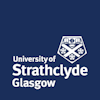
|
99 George St , Glasgow, Glasgow City, G11RD, United Kingdom of Great Britain and Northern Ireland — University of Strathclyde
|
|
|
|
| |
| |
| |
| |
| |
|
|
|
|
|
|
|